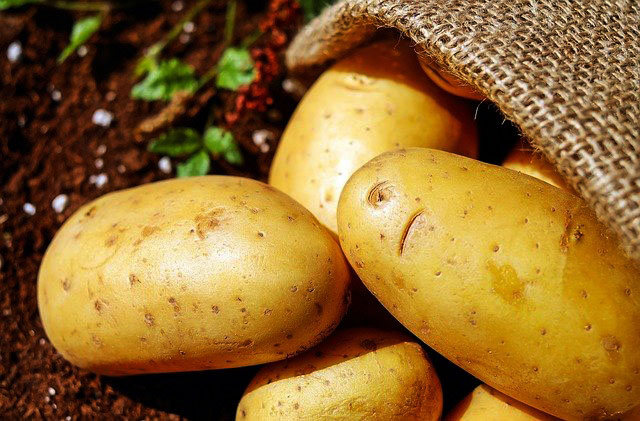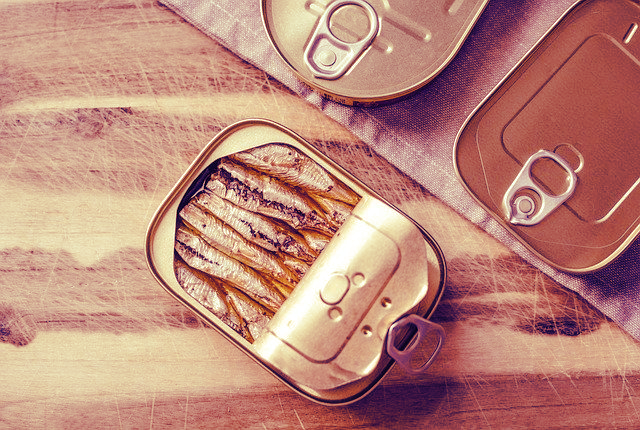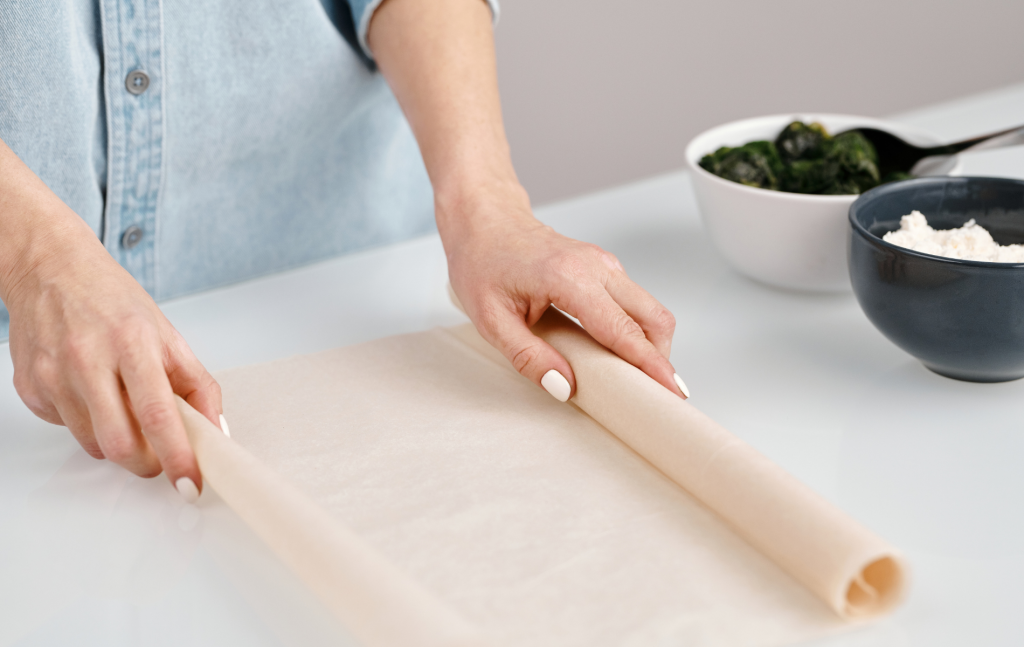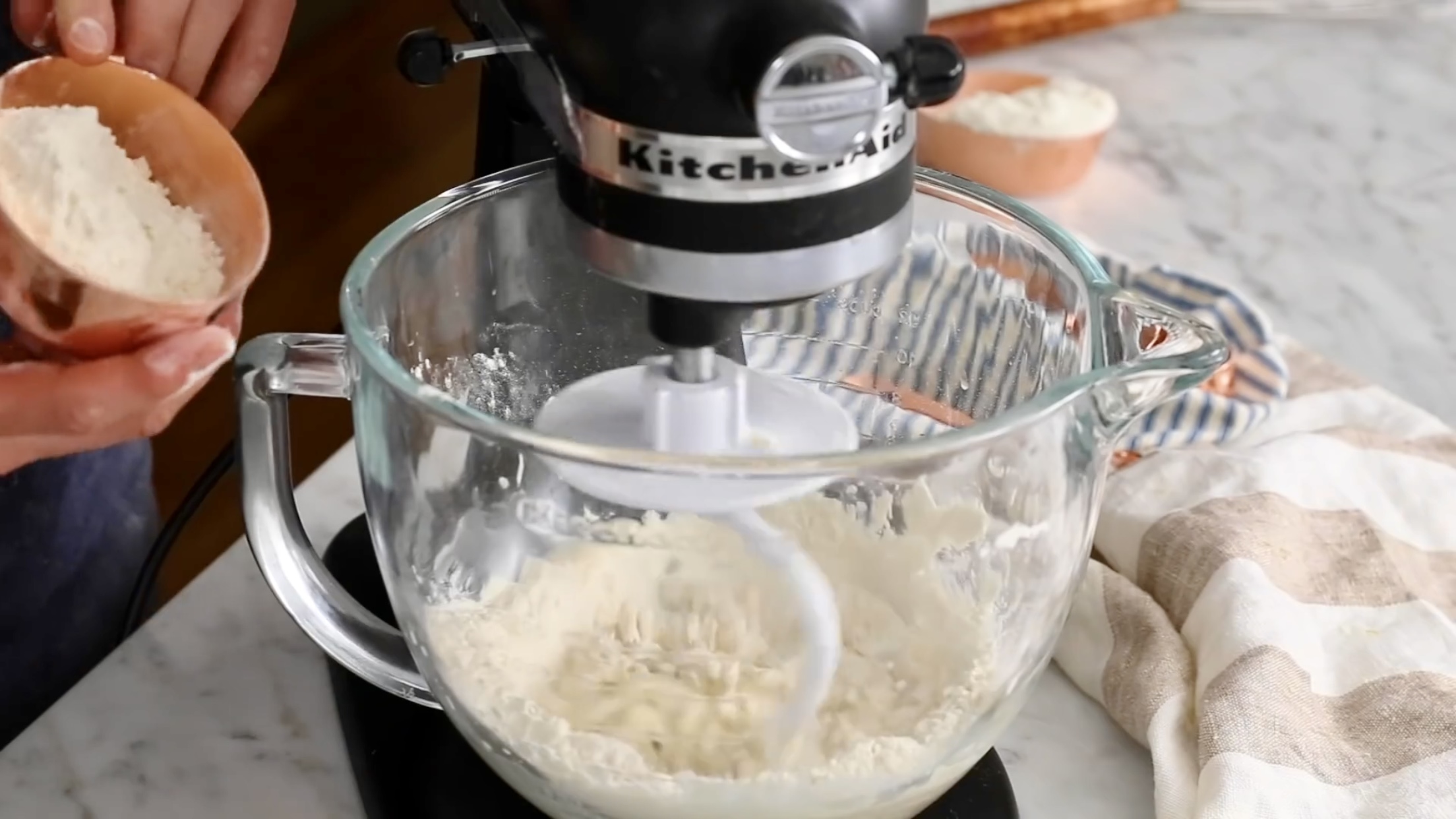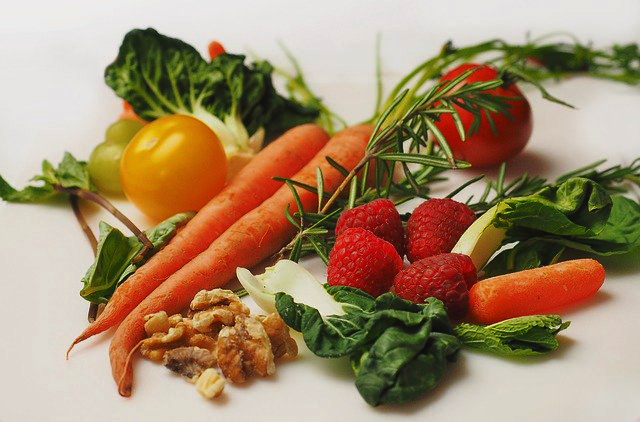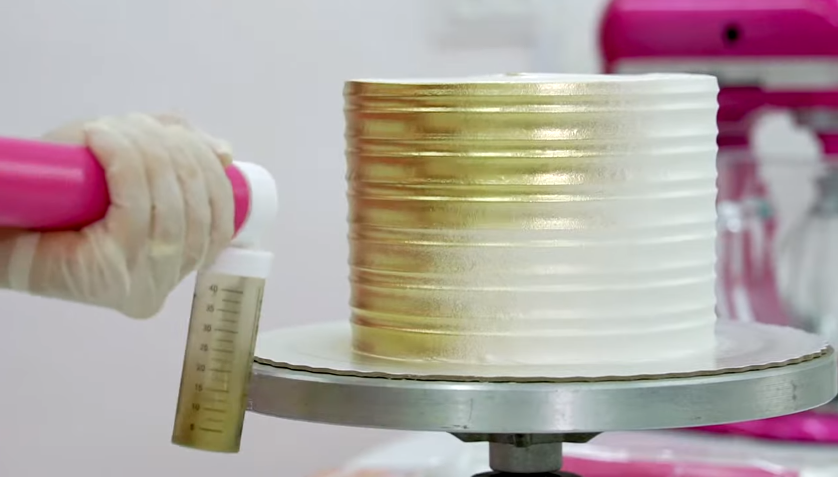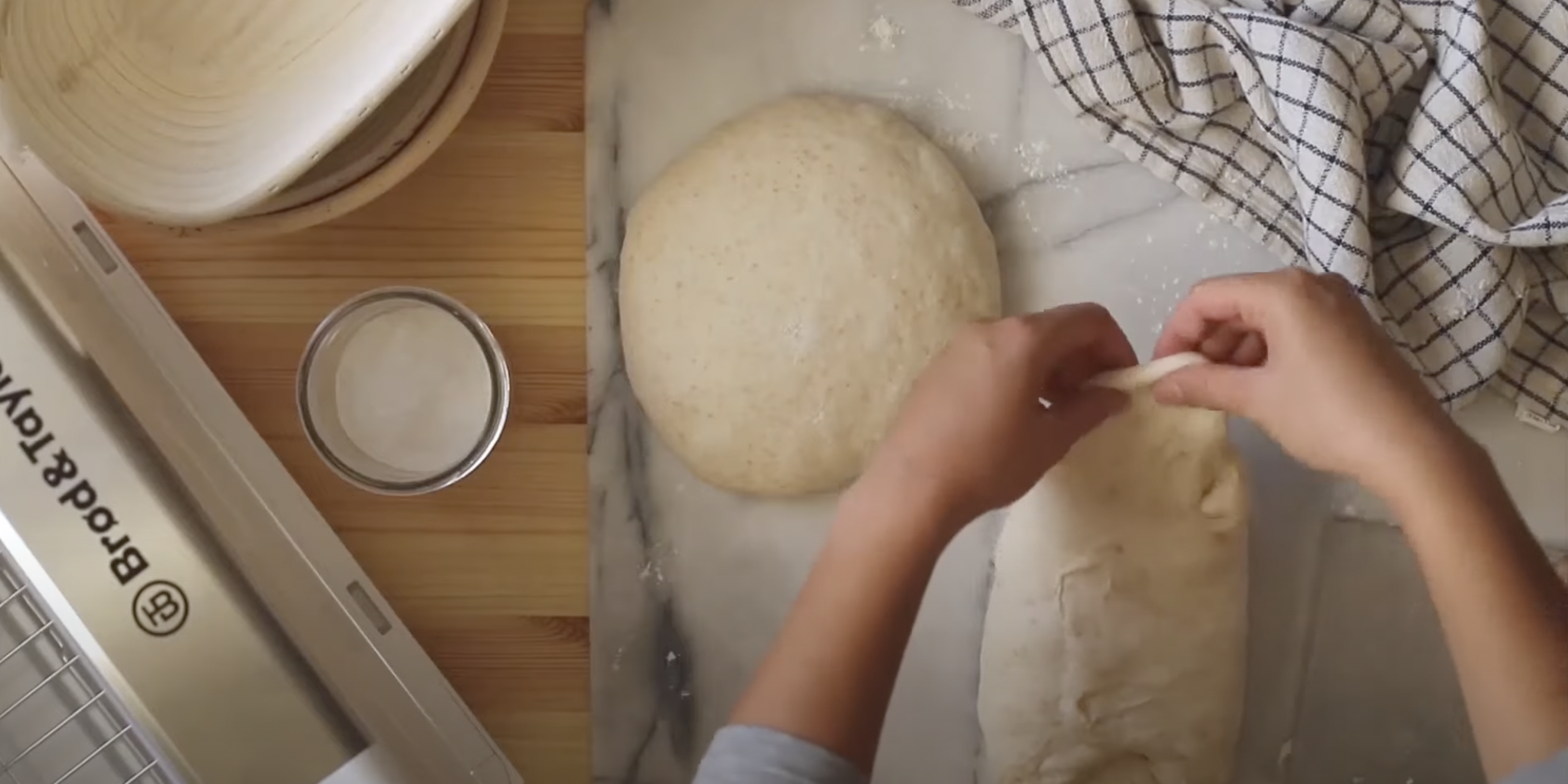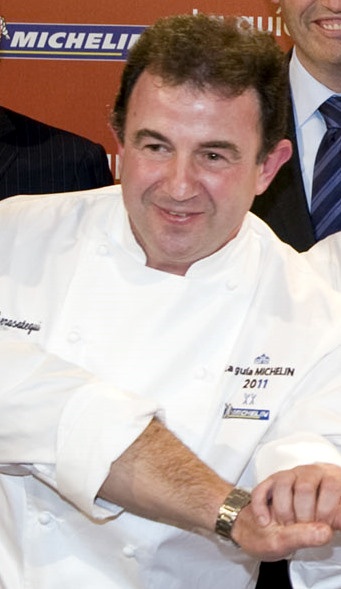Theoretically there are two types of conical strainers – the chinois and the China cap, but few people keep their names straight. Of course we gave away the answer in our first breath – a chinois is a strainer.
Where such things matter, the cone of a chinois is made of metal mesh. It is attached in a clamp to a solid metal or synthetic ring at the top of the strainer, with a handle on one side and some kind of hook on the other, so that you can suspend it over a large pot or bowl to do your straining. The size of the openings in the mesh may vary from superfine to relatively coarse. A chinois with the finest mesh is called a bouillon strainer, and is indeed capable of producing silky sauces and clear stocks.
With enough pounding, the pressure of a pestle may eventually cause the mesh to separate from the body, requiring you to replace it. Some people do not have a pestle and press the food in the chinois with the back of a spoon.
It is pronounced shin'-wah. Once in a while, you find someone refer to it in writing as a chinoise (shin'-wahz), and often you hear someone pronounce it that way, but we think they are just trying to be all Frenchy and fancy. In France a chinois is masculine; it does not add the feminine e at the end. It does not try to be fancy.
The cone of the China cap is one piece of perforated metal, so there is nothing to separate in aggressive pestling – unless you rip off the handle or the hook on the other side. If you do that, your pestling has passed on to pestilential, and you have no one to blame but yourself.A China cap is used in restaurants and home kitchens, for straining soups and stocks, and as a stand in for a food mill (especially in canning fruits and vegetables and making jellies).
A serious chinois is generally a good chunk more expensive than a high-quality China cap.
Professional kitchens are theoretically the bastion of linguistic purity in the chinois/China cap debate, but we have heard a lot of professionals refer to a China cap as a chinois and vice versa. The marketers of this world are a source of confusion, as they all want their product to show up at the top of the online list, whether you search for chinois, China cap, or conical strainer. Even online restaurant supply sites are not careful about the distinction in their names.
Obviously with an online search you have absolutely no ability to compare the fineness of the mesh of various chinoises or the holes of China caps. Likewise, there are very few kitchen stores that carry more than one or two chinoises/China caps for your comparison. Only a well-stocked restaurant supply store is likely to give you a real opportunity for meaningful comparison. At least knowing the distinctions, you can shop online from a position of relative strength.
Once again, you are in possession of correct information that only the very fussy, the insufferable-know-it-alls-of-this-world, or the intelligent-but-wisely-holding-their-tongues care about.
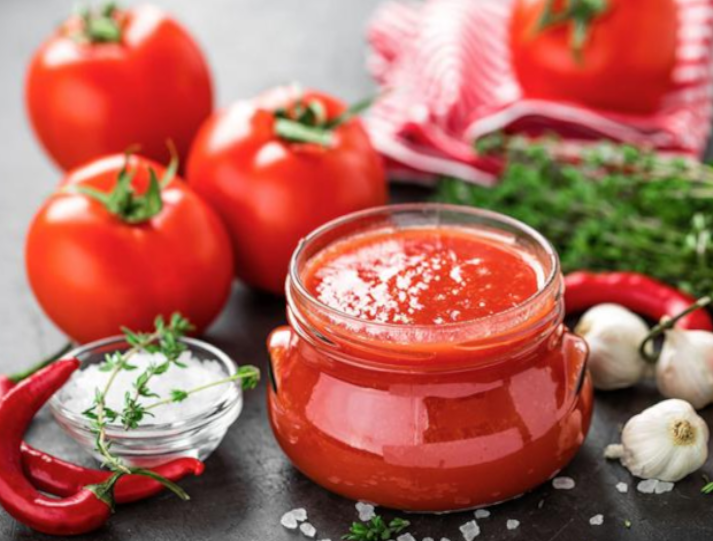
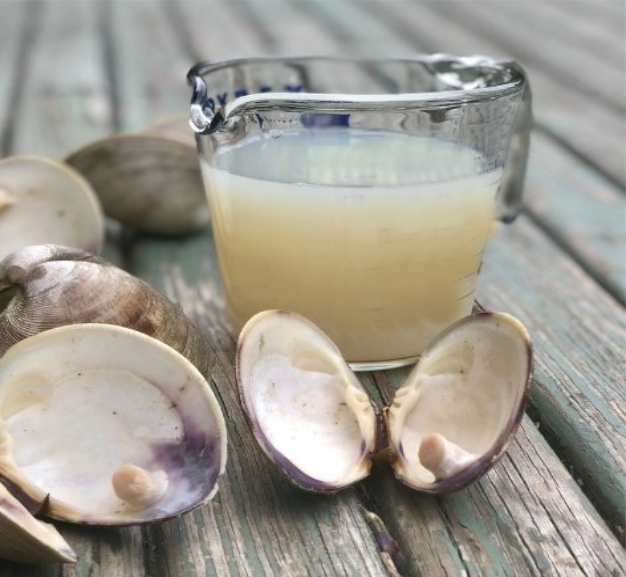
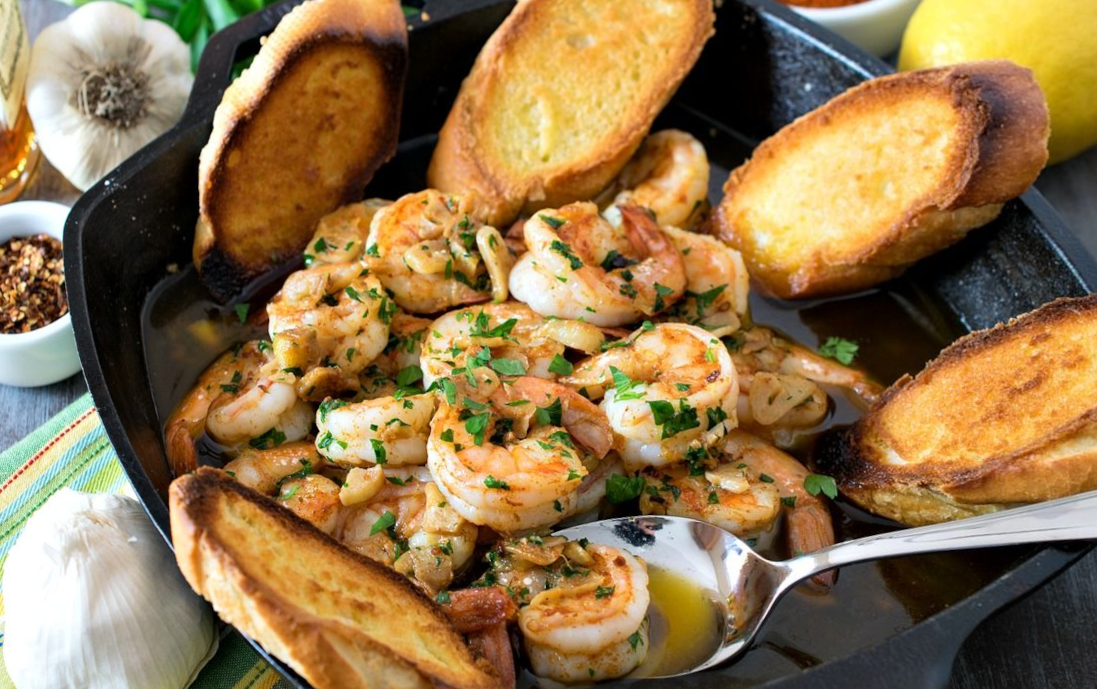

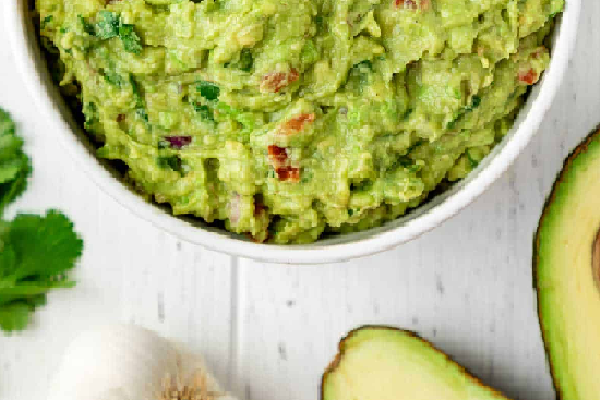
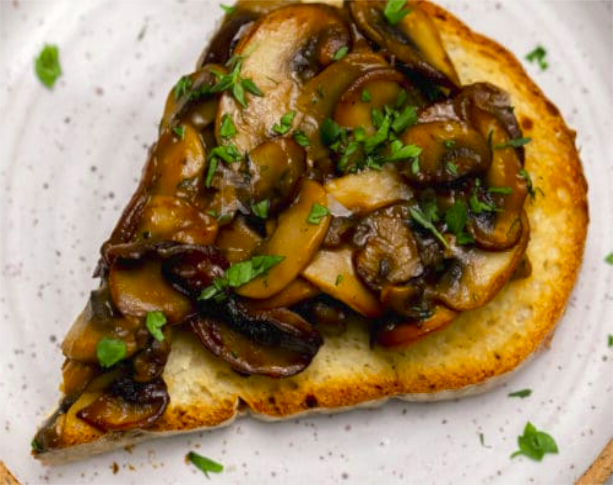
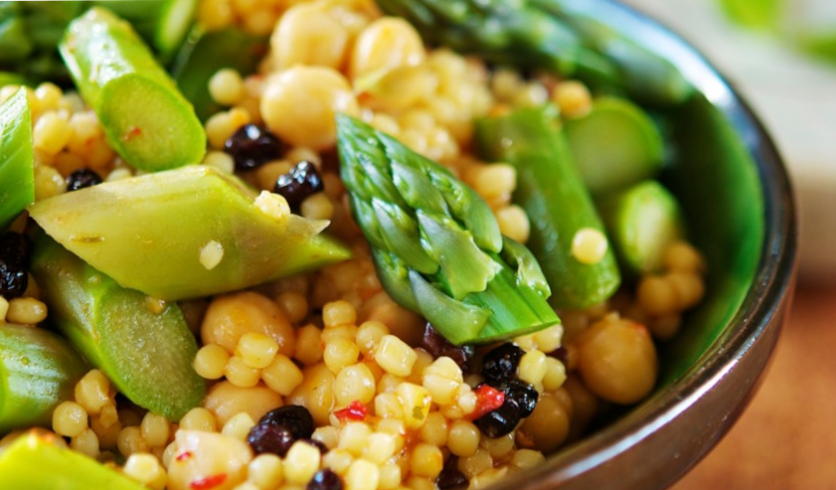
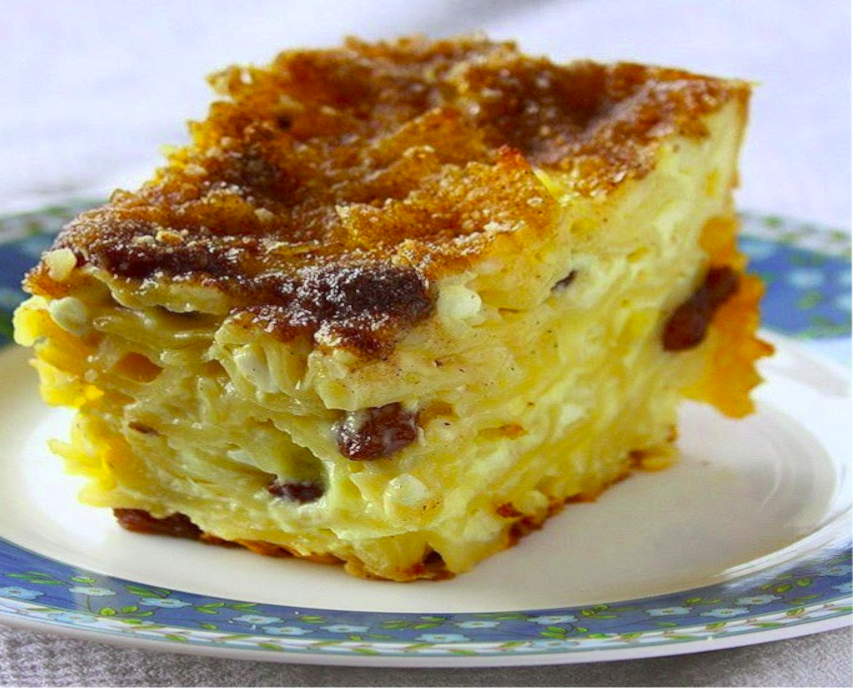
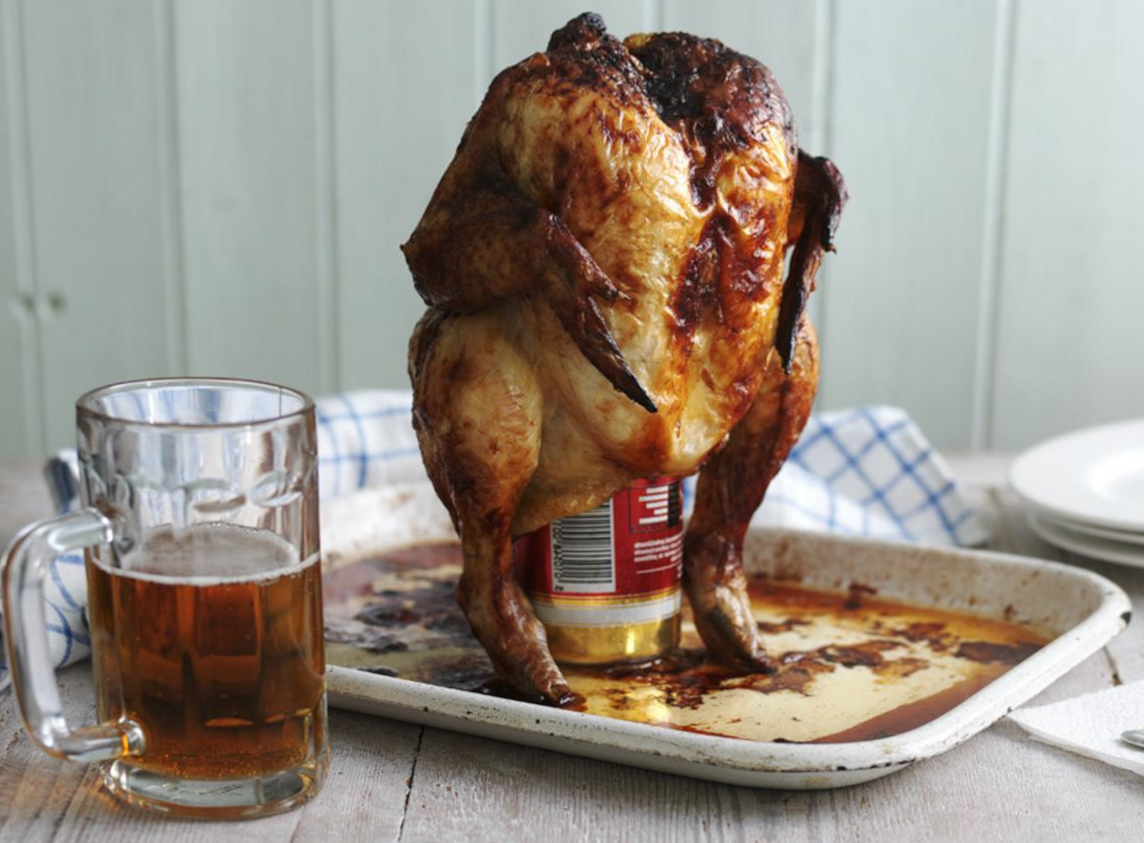

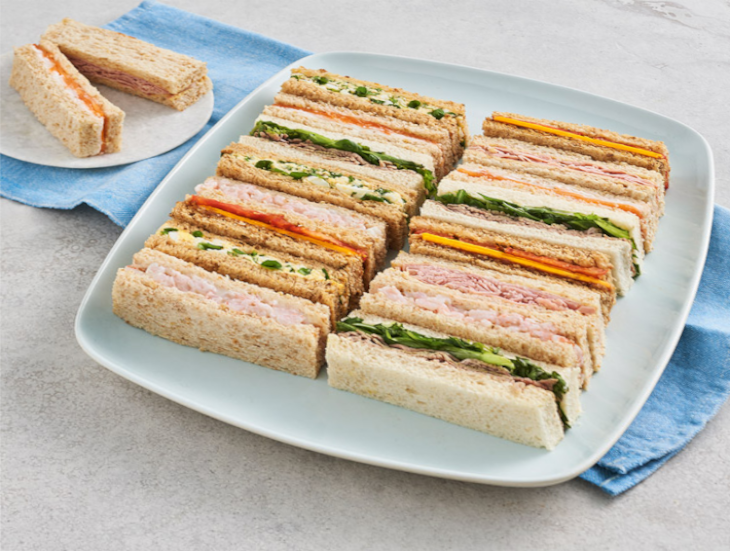



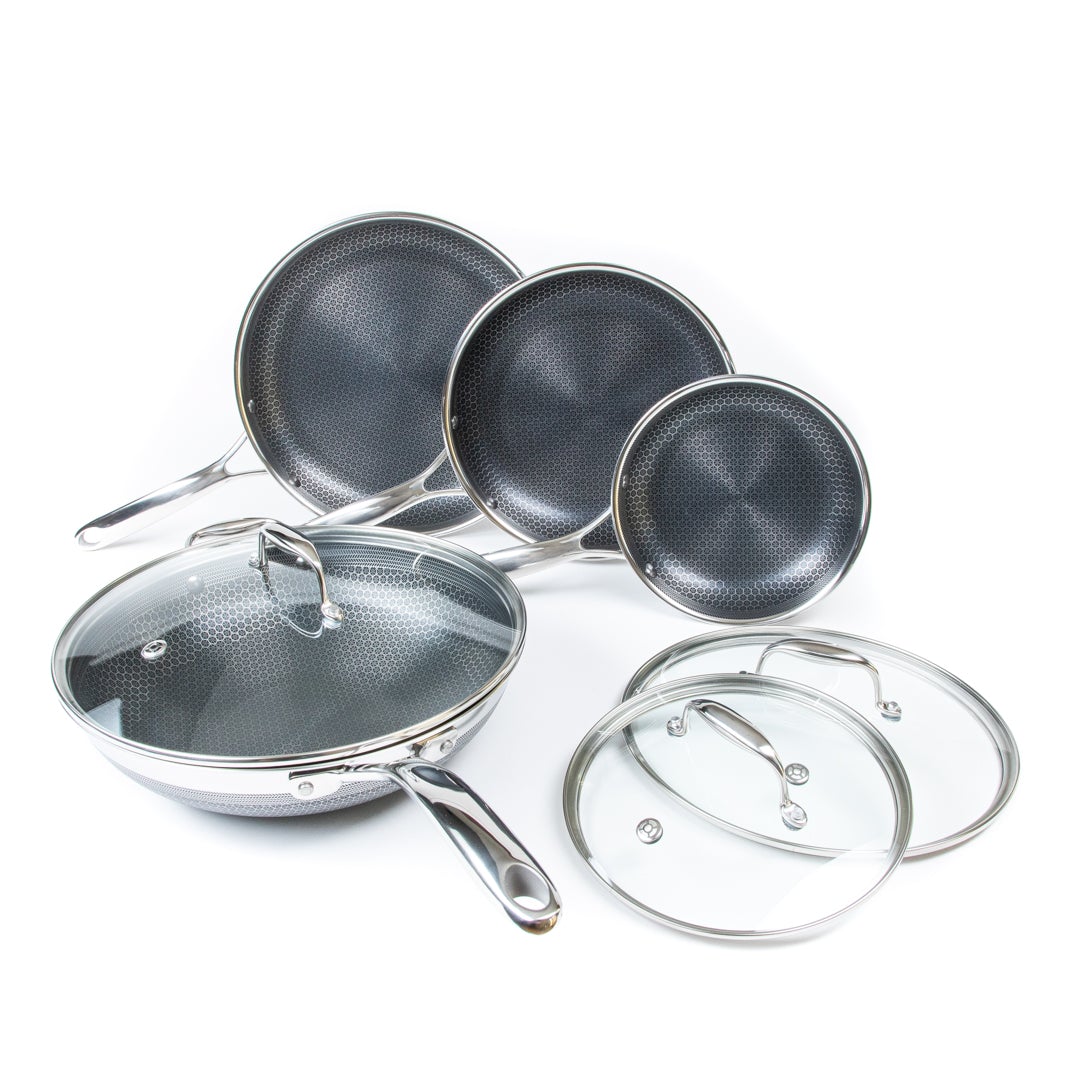
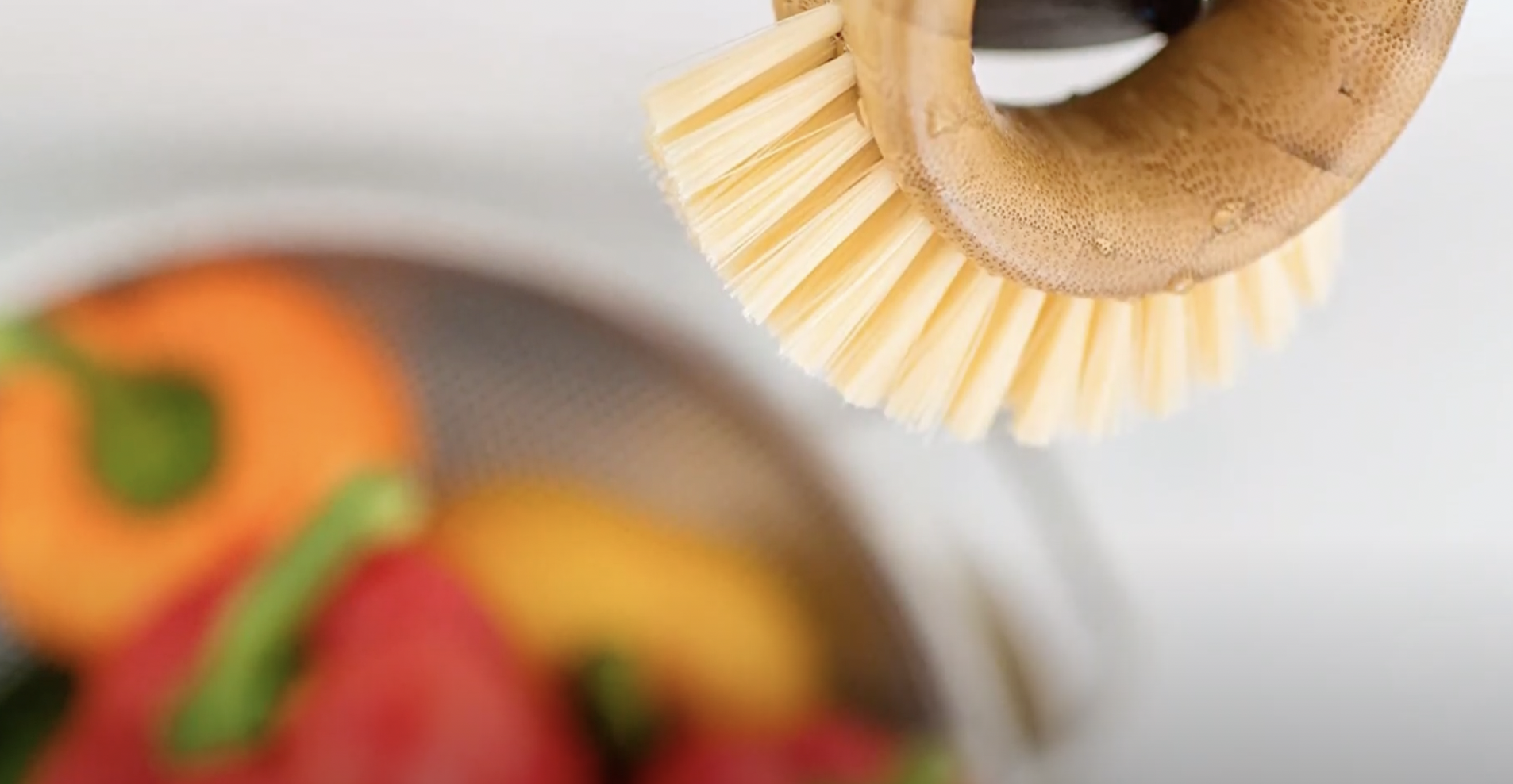
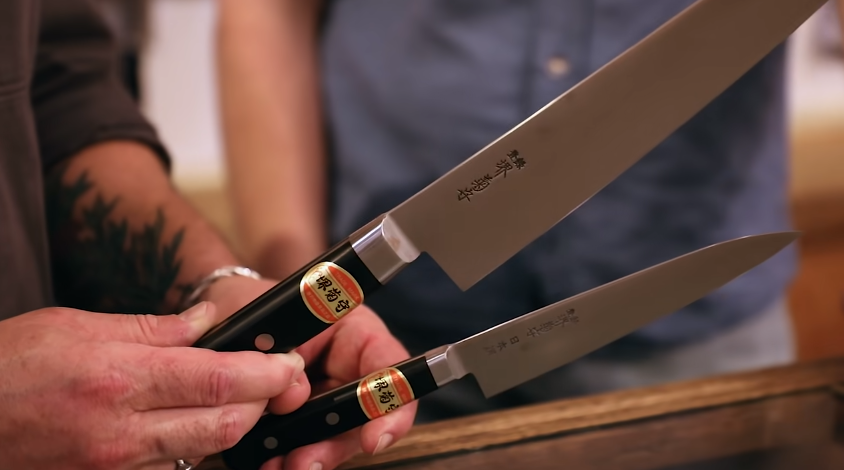
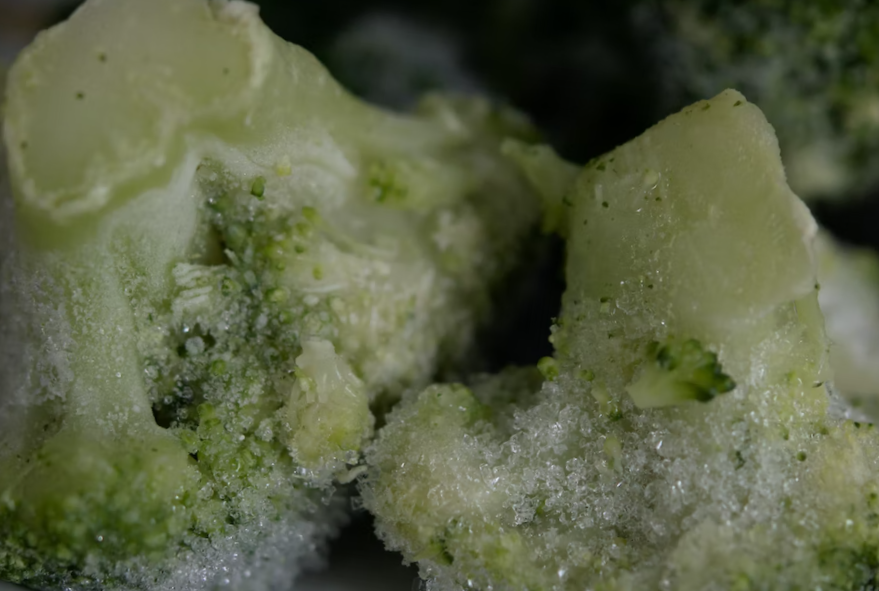

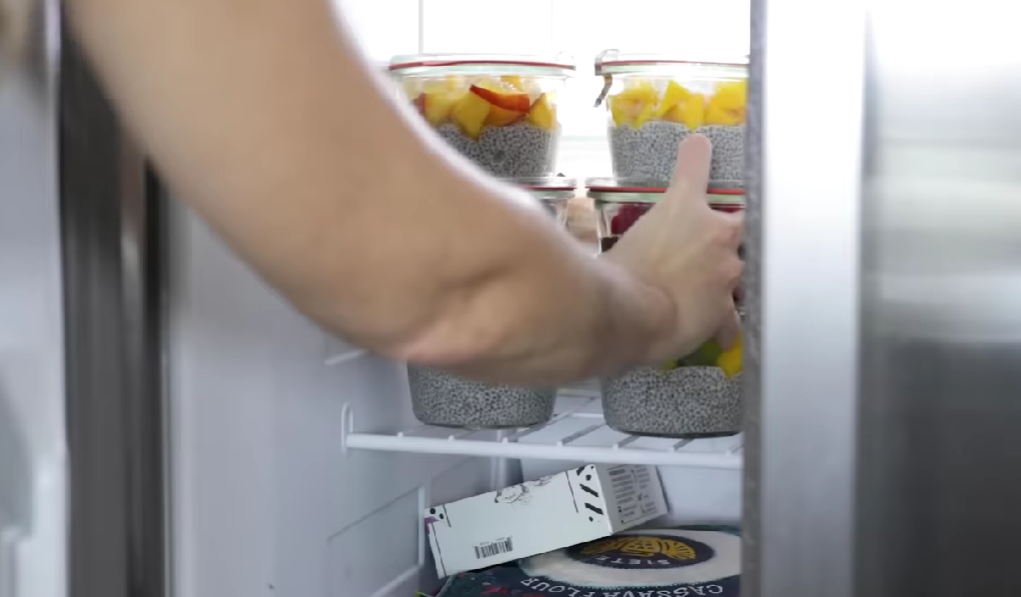

![Can you Cook Eggs in the Microwave? [Complete Guide]](/assets/images/c1f79d1cad59f18f9b5dc31403bd0eb2.png)

